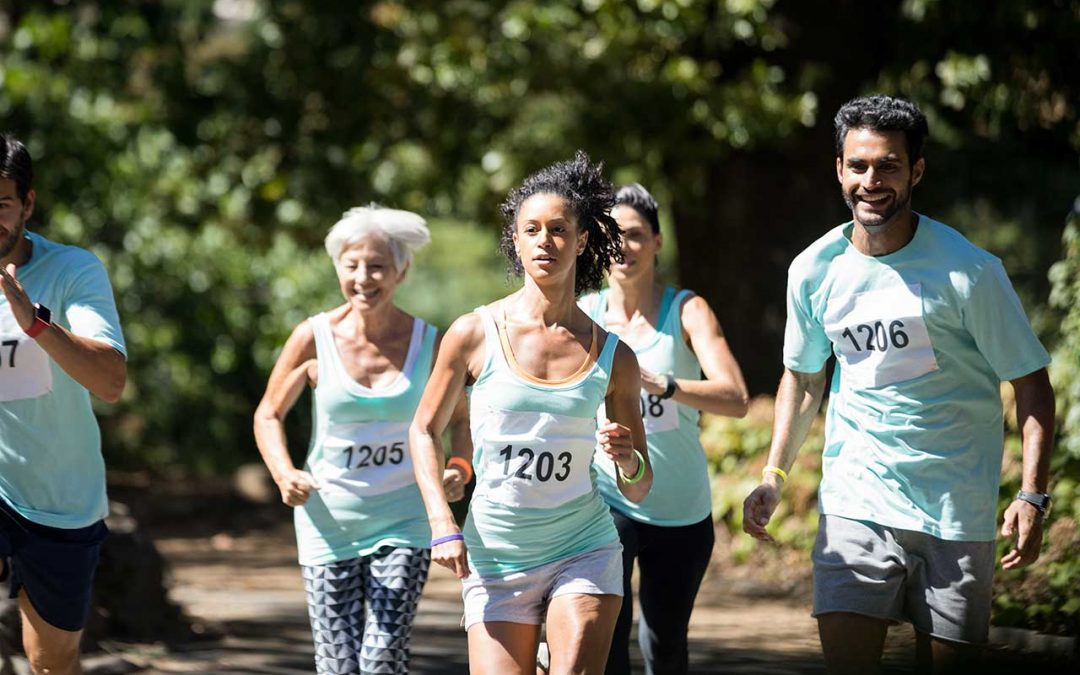Even the most experienced marathon runners sometimes make rookie mistakes. But for beginner marathoners, these mistakes can be costly-literally and figuratively. Here are 10 of the most common mistakes that beginner marathoners make, and how you can avoid them.
1. Not tapering properly
One of the biggest mistakes that beginner marathoners make is not tapering properly in the weeks leading up to the race. Tapering means reducing your mileage and intensity in the weeks leading up to a big race, in order to allow your body time to recover and be fresh for the race. Beginners often make the mistake of either not tapering at all, or tapering too much and not running enough in the weeks leading up to the marathon. Both of these can lead to sub-optimal performances on race day.
2. Not carbo-loading properly
Carbo-loading is another crucial part of marathon preparation that many beginners get wrong. Carbo-loading simply means eating a lot of carbohydrates in the days leading up to the marathon, in order to top off your glycogen stores. This is important because glycogen is the main fuel that your muscles use during endurance exercise. Many beginners make the mistake of either not carbo-loading at all, or carbo-loading too close to race day, which can lead to gastrointestinal problems on the run.
3. Starting out too fast
One of the most common mistakes that beginner marathoners make is starting out the race too fast. It’s important to remember that a marathon is a very long distance, and it’s not possible to sustain a high pace for the entire race. Beginners often get caught up in the excitement at the start line and go out too fast, only to bonk later on in the race. Starting out too fast can also increase your risk of injury, as your muscles will be working harder than they are used to and will be more prone to strains and tears.
4. Not drinking enough
Dehydration is a major problem for marathon runners, and beginners are especially susceptible to it. Many beginner marathoners make the mistake of not drinking enough during the race, which can lead to serious health problems such as heat stroke. It’s important to drink regularly throughout the race, even if you don’t feel thirsty. carrying a water bottle with you or stopping at the aid stations to grab a cup of water or sports drink.

